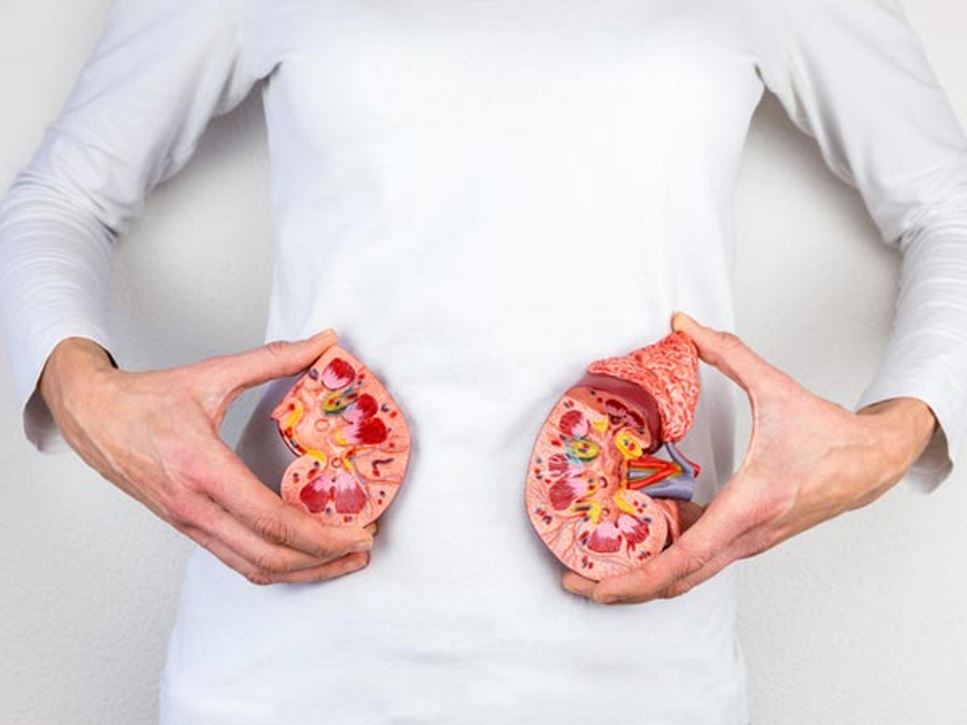Your kidneys perform many important functions, such as:
- Removing drugs, toxins and waste products from your blood
- Regulating and balancing fluids in your body
- Releasing hormones that help keep your blood pressure normal
- Activating vitamin D, which promotes strong, healthy bones
- Helping produce red blood cells
Each kidney contains tiny structures, called nephrons, which help clean blood by filtering it and shuttling waste materials to your bladder to be removed. The filtered blood is then sent back out to circulate in your body. If your kidneys aren't working well, they don't filter blood properly. This means harmful substances can build up in your blood.
Types and Causes of Kidney Disorders
Kidney disorders generally fall into one of two categories: acute or chronic.
Acute kidney injury is often a complication of:
- Kidney stones
- Severe blood loss
- An injury or trauma
- Overuse of pain medications
- Other organ failures
Acute kidney injury can lead to a permanent loss of kidney function. However, if the kidneys have not been badly damaged, they can often return to normal health.
The most common causes of chronic kidney disease are nutrition related: poorly controlled diabetes and high blood pressure.
Symptoms of Kidney Disease
Usually there are no symptoms for early stages of kidney disease, but symptoms may appear as the disease progresses. Symptoms include:
- Nausea and vomiting
- Diminished appetite
- High blood pressure
- Urinating less or more frequently
- Feeling tired or drowsy
- Swelling of hands or feet
- Puffiness around eyes
- Muscle cramps (especially at night)
- Dry, itchy skin
If you notice any of these changes in your health, meet with your physician who can determine if further testing and treatment are necessary. If you are diagnosed with kidney disease, what you eat affects how hard your kidneys have to work. Meet with a registered dietitian nutritionist who can help you create an appropriate eating plan.
References
Find a Nutrition Expert
Looking for credible nutrition information and recommendations? The Academy of Nutrition and Dietetics' network of credentialed food and nutrition practitioners are ready to help!

